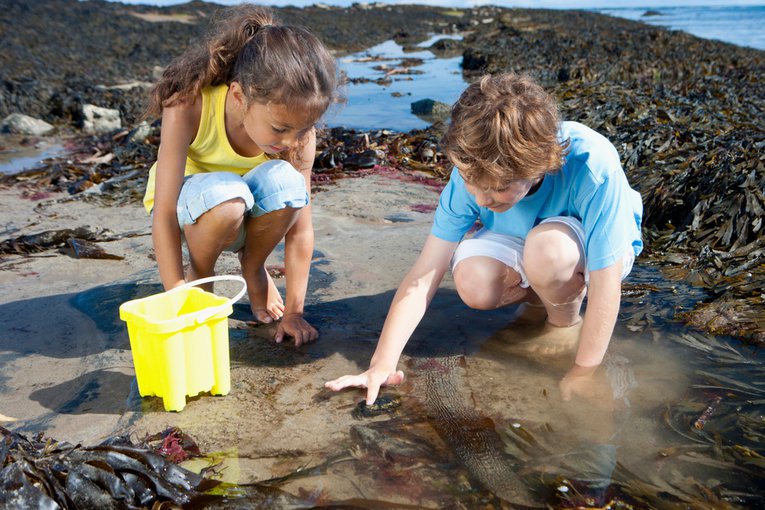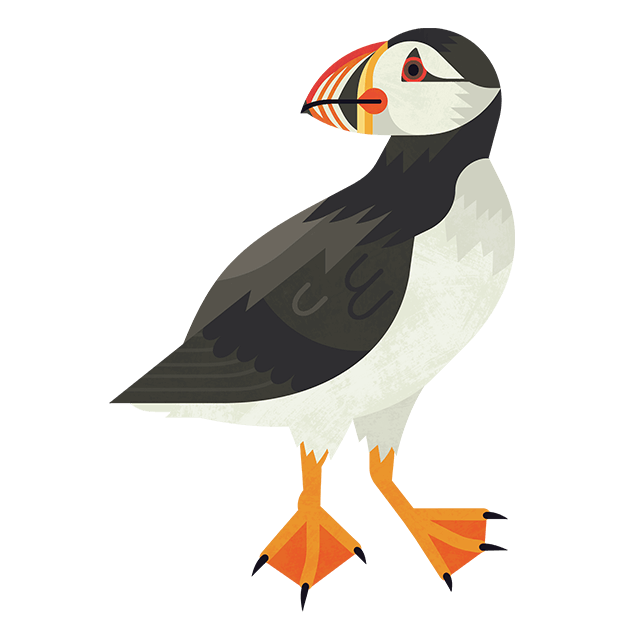
When shall we tell the children?
When do we talk to younger children about climate change, our polluted ocean and the future of the planet - all of which could have a far greater long-term impact on them?

Just how much do younger children need to know about the state of our ocean, the planet and, ultimately, our long-term survival? How do we make sure we don't create a generation fearful of the future?
Telling children the truth has never been in doubt. OK, you may have told a few porkies to your kids or grandkids - the ice cream man only plays a tune to let you know he's run out; carrots will help you see in the dark; chocolate milk comes from brown cows, and an all-time classic, if you cross your eyes too much, they'll get stuck.
But asked by any six-year-old: "Will the planet last forever?" Well, there's a tricky one. Because the truth is, the planet, in its current state, is in a very bad way, caused by centuries of damaging treatment inflicted on it by humans. "Well son, it's possible we'll burn in extreme heat or freeze solid due to climate change resulting in warped weather. Now, beans or peas with your fish fingers?"
We're looking at the impact of climate change on our ocean, how the ocean can help stem the environmental crisis, and helping children understand and believe they can make a difference as they grow.
There are probably more children than ever before who don't have regular interaction with the natural world. So why would you fight for something you don't feel connected to? Well, we're talking about the long-term survival of the planet and how the ocean can play a positive role in reversing damage. We're striking a balance - things aren't great, but if we do something right now, it could be so much better.
How do we make sure we don't create a generation fearful of the future? Our education team are at the forefront of creating age-appropriate teaching to help inform, inspire and motivate the generation who can really shape the future.
Bringing the coast to the classroom: our brand new resources

With many UK schools some distance from the coast, we're giving all students the opportunity to learn about and be inspired by our seas and the wider ocean. But just how do we help inner-city teachers (and coastal ones) have the confidence to teach ocean literacy?
When lockdown hit and our education team was unable to visit schools and other youth groups, we began creating more online resources and delivering online.
We've completed the primary school content and have recently uploaded new secondary resources, looking at biodiversity, the benefits to humans of various ecosystems, and wider threats. We'll also be revamping our on-beach education package.
As things start to return to normal, our team of education staff and volunteers are heading back into schools to deliver new sessions. But it's not all about classroom learning. We've also designed a new education pack to enable schools to take part in litter surveys in their local area.
Connecting youth voices
Our Work
Championing the power of youth

Youth involvement in the environmental movement is at an all-time high, and we’re excited to be championing the #PowerofYouth.
Our Youth Engagement Officer, Katie, will be creating numerous opportunities for young people ages five to 25 to get involved in our work.







